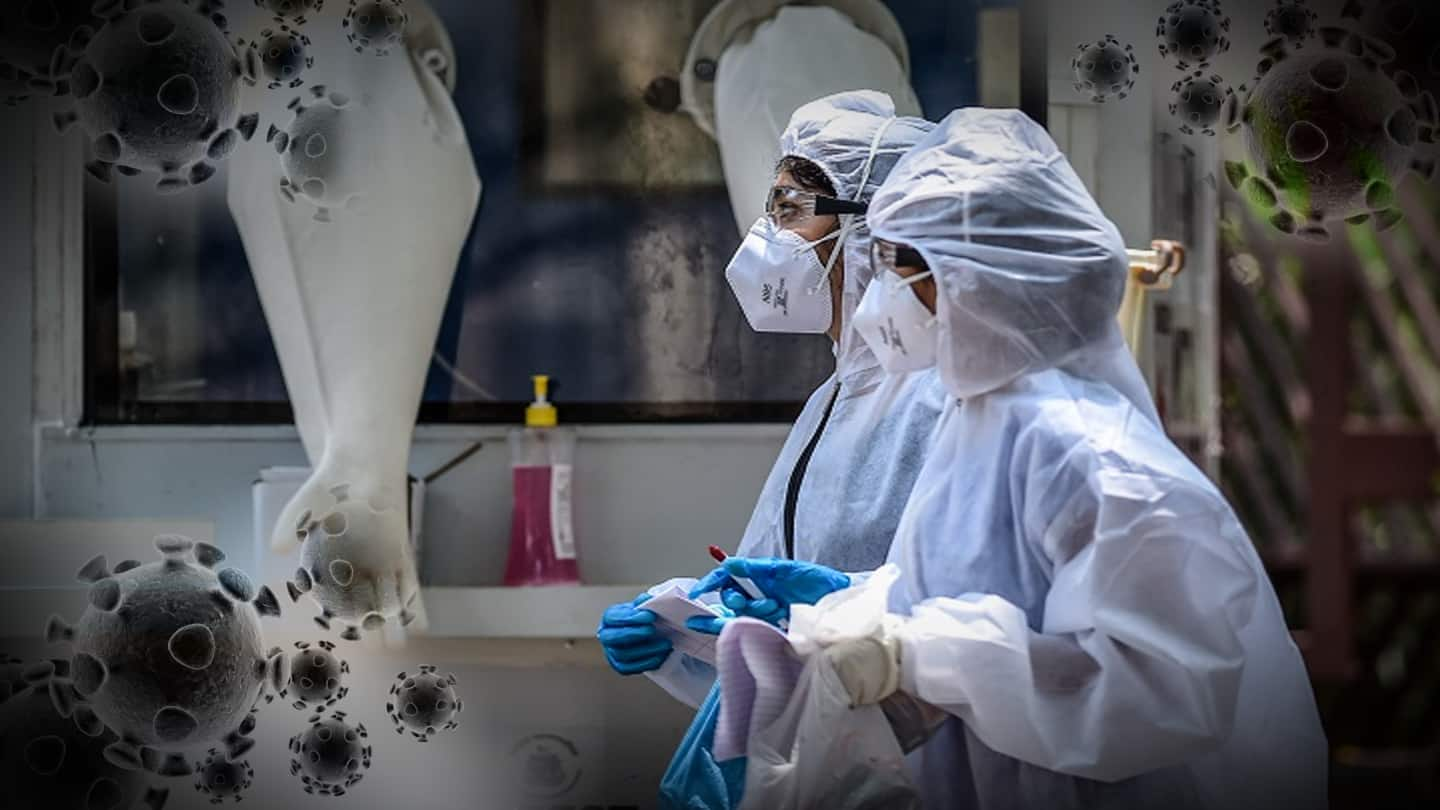
Scientists develop COVID-19 diagnosis test using X-rays, claim 98% accuracy
What's the story
Scientists in Scotland have developed a new technology to detect the presence of the coronavirus SARS-CoV-2 in a patient using X-rays. The group of experts, from the University of West Scotland (UWS), said the diagnosis method uses artificial intelligence (AI) and returns results in just a few minutes. They further claimed the test results are 98% accurate, according to The Glasgow Times.
Context
Why does this story matter?
Presently, RT-PCR is the most widely used method of COVID-19 testing and is considered the most accurate. However, it is not readily available in all countries and can take several hours to return a result. The scientists at UWS said their method uses already available technology and can be particularly helpful in countries with a shortage of RT-PCR tests.
Details
How does the test work?
The new technology uses X-ray scans of patients and compares them with a database of nearly 3,000 images. The images include those taken from patients with COVID-19, healthy individuals, and those suffering from viral pneumonia. An AI process then uses an algorithm to analyze visual imagery and make a diagnosis, utilizing what is called a deep convolutional neural network.
Statement
It cannot fully replace RT-PCR testing
Professor Naeem Ramzan—who led the three-member team at UWS—said, "There has long been a need for a quick and reliable tool that can detect COVID-19, and this has become even more true with the upswing of the Omicron variant." He, however, added the test cannot fully replace the RT-PCR method as coronavirus symptoms are not visible in X-rays during the early infection stage.
Quote
'Potentially game-changing research'
"This is potentially game-changing research. It is another example of the purposeful, impactful work that has gone on at UWS throughout the pandemic," said Professor Milan Radosavljevic, Vice-Principal of Research, Innovation, and Engagement at UWS. "I am incredibly proud of the drive and innovation demonstrated by our internationally renowned academics, as they strive to find solutions to urgent global problems," he added.